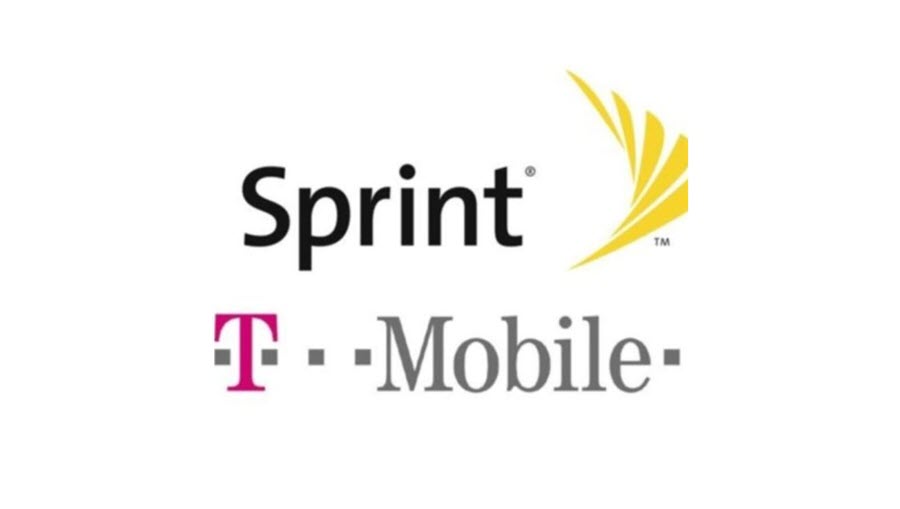T-Mobile: Sprint Merger Will Go On

The smarter way to stay on top of the multichannel video marketplace. Sign up below.
You are now subscribed
Your newsletter sign-up was successful
T-Mobile said it is “financially prepared” to complete its $26 billion merger with Sprint, despite the effect the coronavirus outbreak has had on financial markets.
T-Mobile said in a press release that it has previously secured commitment for bridge financing and senior secured credit financing for the all-stock deal. The company said it has been in communication with all 16 banks involved in the deal and has not received any word that they are unable to meet their commitments.
“I’m pleased that right now we have broad support from the banks to finance the closing of this merger -- we are very close to unleashing the capabilities of the New T-Mobile, and that is even more important for consumers during the current COVID-19 pandemic,” T-Mobile CEO John Legere said in a press release. “Our nation is more dependent than ever on connectivity, and we will continue to deliver our essential wireless service today and when we merge with Sprint, with a Nationwide 5G service that is broader and more robust than anything else in America.We can see the finish line and are prepared to close the merger very soon so our teams can get to work building a supercharged Un-carrier.”
Related: T-Mobile Outlines Coronavirus Related Service Changes
T-Mobile and Sprint stocks have taken a hit along with the rest of the market as the coronavirus pandemic has ripped through financial markets over the past few weeks. The Dow Jones Industrial Average has lost about 10,000 points in the past five weeks as investors are uncertain what effect long-term social distancing can have on business. For T-Mobile and Sprint, the stocks are down about 22% and 13% respectively since Feb. 13, but analysts are generally optimistic that the deal will not only go through, but that the combined entity will be a stronger competitor.
Related: T-Mobile-Sprint Agree to Give Deutsche Telekom Bigger Stake
For example, in a note to clients Sanford Bernstein analyst Peter Supino addressed concerns of some investors that fear Sprint’s higher customer churn would have a negative effect on the merger. In that note, Supino said that while the integration isn’t expected to be easy, he believes that most of Sprint’s customer churn is from those who switch to T-Mobile.
The smarter way to stay on top of the multichannel video marketplace. Sign up below.
“Subscribers who would leave Sprint to go to T-Mobile and vice-versa will no longer have that option,” Supino wrote. “We believe the combined company can save $2 billion on lower sales commissions and handset subsidies. If we are correct and New T-Mobile begins to report lower churn, we think the stock's valuation multiple will expand in anticipation of improving cash flow.”
Legere is still scheduled to step down as CEO shortly after the merger closes, replaced by current T-Mobile chief operating officer Mike Sievert. In the press release, Sievert said the current coronavirus uncertainty means the industry needs the combination more than ever.
“In times when consumers need affordable service plans to stay connected, T-Mobile is fully prepared and well positioned to be the provider to meet these needs,” Sievert said in the release. “In fact, after we close the merger, the New T-Mobile may be the best positioned company to serve them, as more and more consumers seek value in these uncertain times. We are here for our community of consumers who count on us.”
